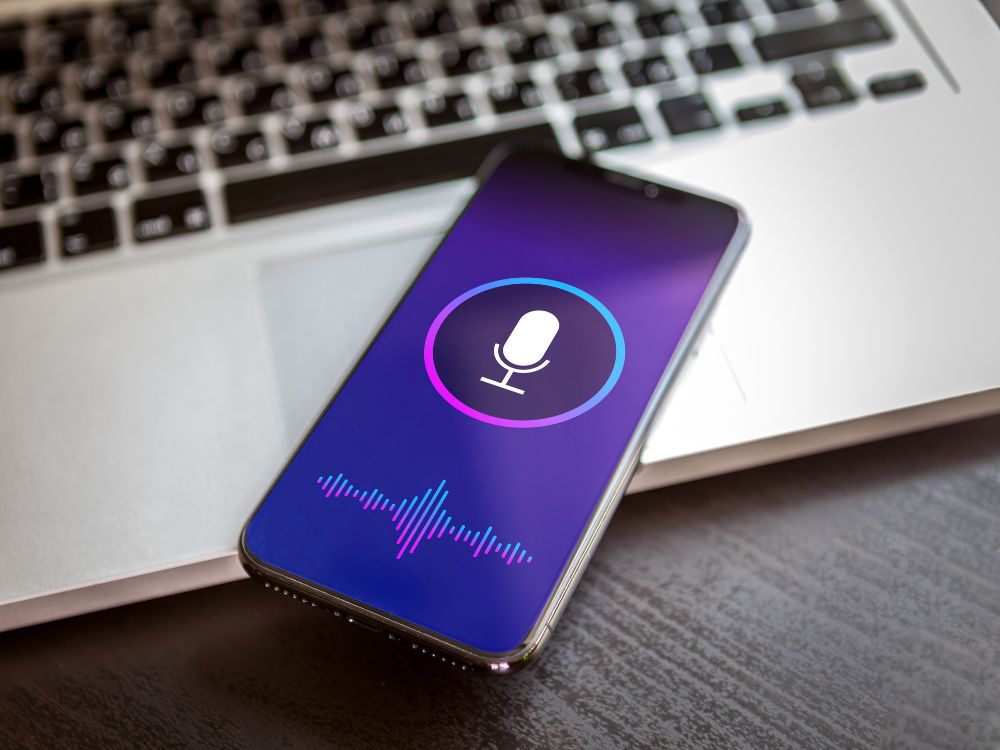
The mobile app landscape is constantly advancing, with new technology and changes in user interest it’s important to stay ahead of the trends. In 2023 we see three prominent trends that users are loving in the mobile app space: Augmented Reality (AR) apps, Education apps, and Internet of Things apps. These trends are reshaping the way we interact with our smartphones, offering exciting new possibilities and enhanced user experiences.
AR Apps
Remember how popular Pokémon Go was in 2016? That was only the beginning! Firstly, cameras on our phones are more advanced and powerful than ever before, opening numerous possibilities for so many different industries to leverage immersive AR apps, including retail, healthcare, entertainment, education, home decor, and advertising.
Personally, I’ve seen a huge uptick in the popularity and use of many different home decor AR apps that allow you to measure your room’s dimensions and rearrange furniture through the lens, like the app PLNAR.
Educational Apps
Educational apps have become increasingly popular, offering diverse opportunities for learners. They cater to individual learning styles, provide flexibility for studying, and make learning engaging through gamification. Teachers benefit from them too, with tools for dynamic lessons and progress tracking. As technology continues to evolve, educational apps will play a vital role in personalized learning, shaping the future of education.
One app that really stands out is Socratic, developed by Google. It’s a fantastic learning tool perfect for high school and college students the app covers most high school subjects and it uses Google’s AI, to give accurate and up-to-date info to help students learn.
IoT Apps
The Internet of Things, commonly known as IoT, has been around for some time. However, there’s a growing trend where mobile apps are incorporating IoT features or developing dedicated apps to connect with internet-enabled devices. With people carrying their phones everywhere, it has become natural to leverage them to enhance our daily lives. The IoT sphere encompasses a wide range of app types, including wearables, home automation, agriculture, healthcare, and retail.
Among the various IoT-based apps, my personal favorites are the home automation apps. There’s something incredibly satisfying about transforming your home into a smart house, where you can effortlessly control the lights, play music, manage your TV, check security cameras, and adjust the thermostat—all from a single phone. It’s truly one of the coolest experiences!
The mobile app landscape in 2023 is dynamic and full of exciting trends that are reshaping the way we interact with our smartphones. Staying ahead of these trends will be crucial for developers and users alike to make the most of the possibilities and enhanced experiences they offer.



